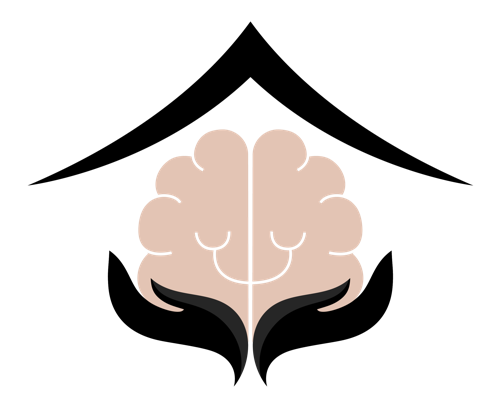As ketamine is continuing to become well understood as a beneficial treatment for depression and anxiety for those who have not found relief from traditional medications are therapy, it is natural to wonder about the potential consequences of stopping its use. If you are considering stopping ketamine treatments, it is essential to know that while ketamine is not considered an addictive substance, with regular use, some withdrawal symptoms may occur, as with any medication.

First, it’s crucial that if you decide to stop ketamine treatments, you should discuss this with your prescribing provider. This should not be attempted without the proper education and support.
So, what potential withdrawal symptoms could occur when stopping ketamine? With any medication that is abruptly stopped, there is a possibility of experiencing physical and emotional withdrawal symptoms. Physical withdrawal symptoms may include nausea, headache, and fatigue. Some emotional symptoms can range from restlessness to depressive or anxiety symptoms.
Just keep note that the severity of withdrawal symptoms can vary widely among individuals. Some people may experience mild discomfort, while others may find the process more challenging.
If you have been taking ketamine as part of a prescribed treatment plan, working with your healthcare provider to create a plan for discontinuing its use is crucial. Your provider can help you gradually taper off the medication, reducing the likelihood and severity of withdrawal symptoms.
It is also important to discuss alternative treatments with your healthcare provider, especially if you are considering stopping ketamine because it is no longer providing the desired results. There may be other medications or therapies that can help manage your symptoms effectively.
It is natural to feel anxious or uncertain about stopping ketamine treatments, but by working with your provider and creating a plan that is tailored to your needs, you can minimize the risk of withdrawal symptoms and manage any symptoms that do arise.

In conclusion, if you are considering stopping ketamine treatment for depression and anxiety, it is essential to seek the guidance of your healthcare provider. By working together, you can create a safe, effective plan tailored to your individual needs. With the right approach, you can successfully manage any potential withdrawal symptoms and continue on the path toward improved mental health and well-being.



